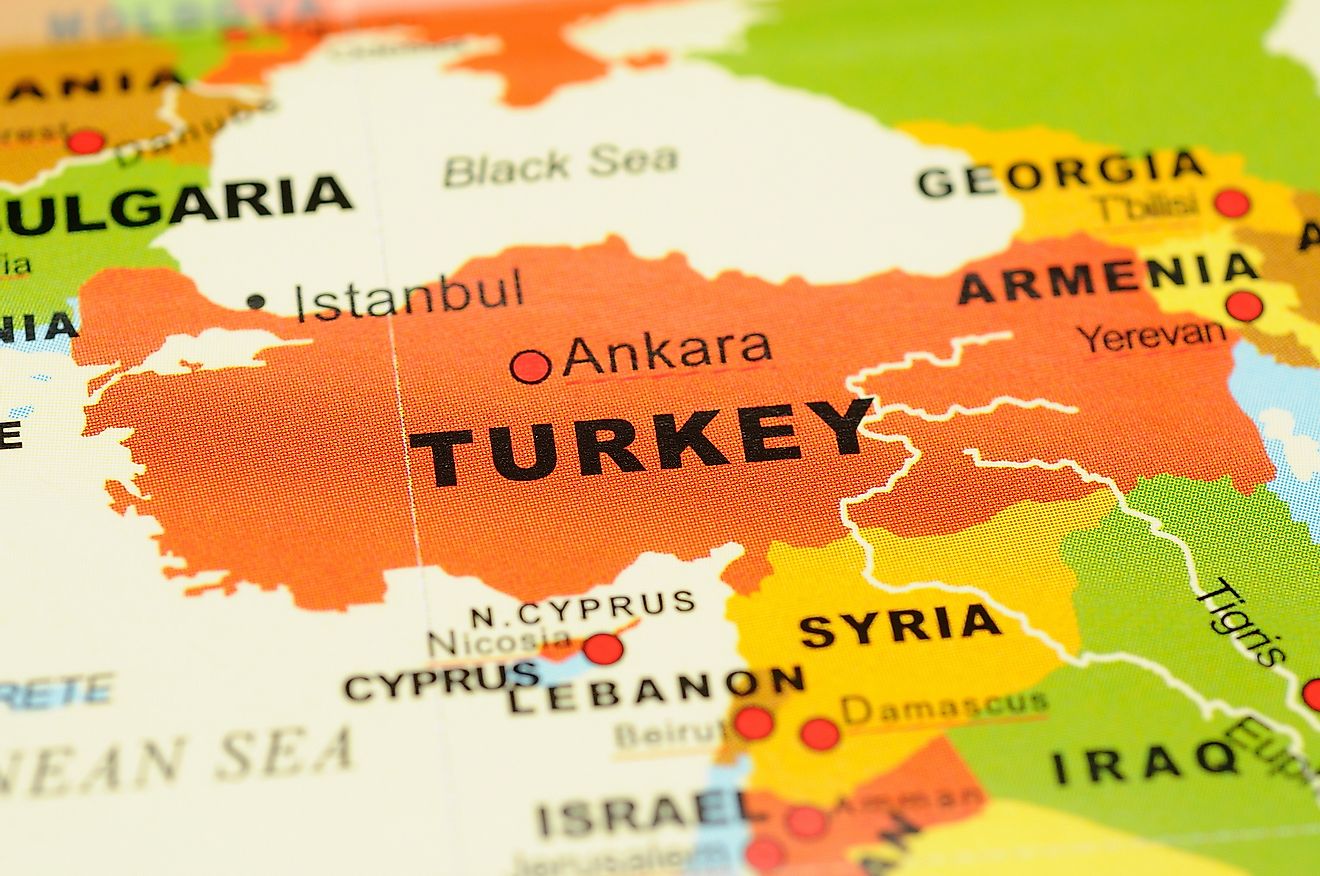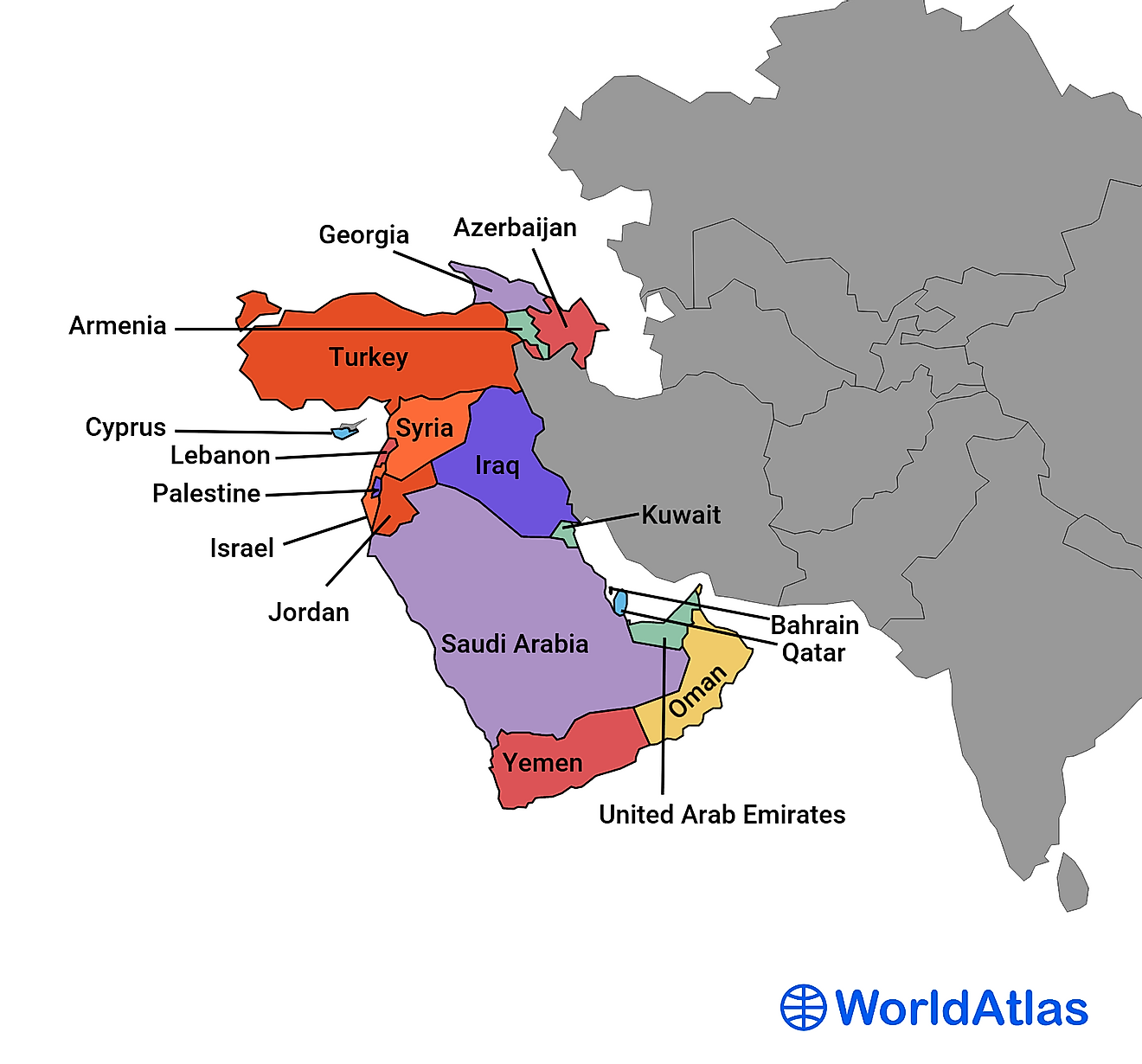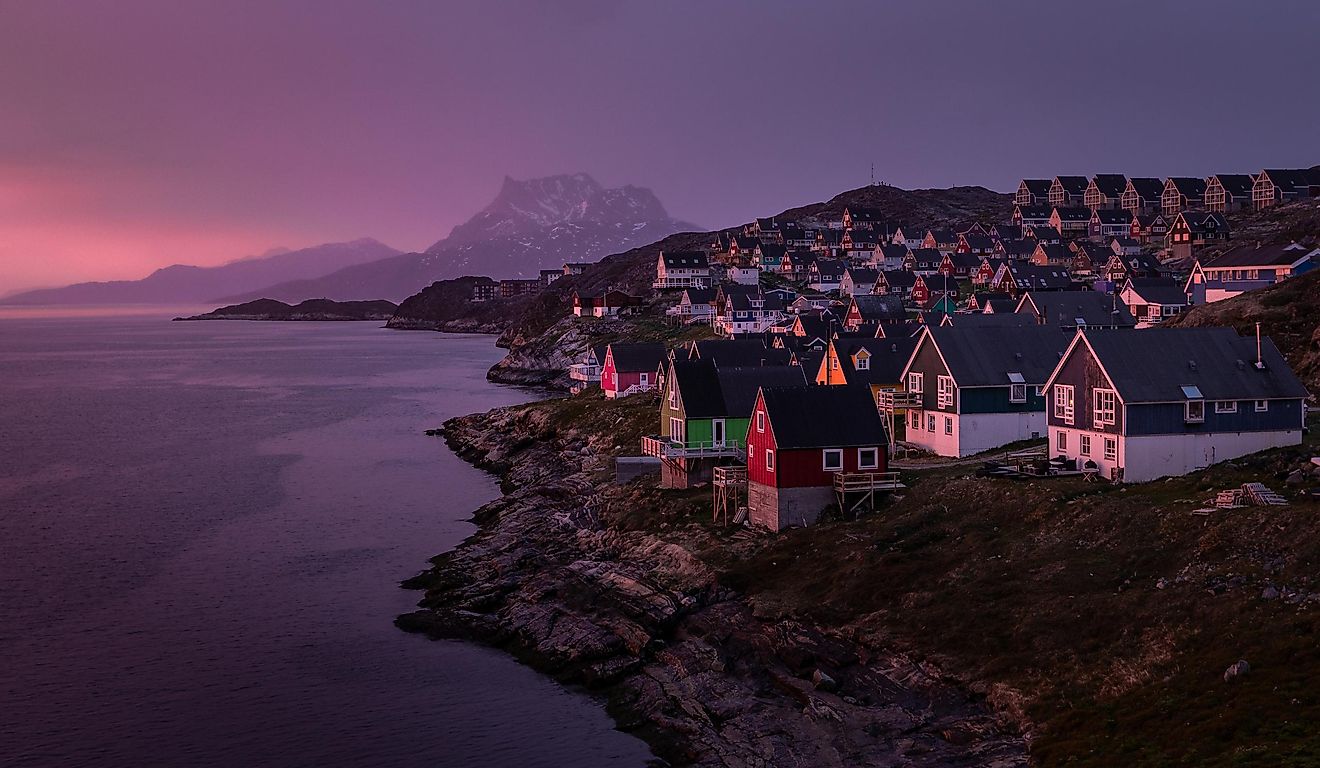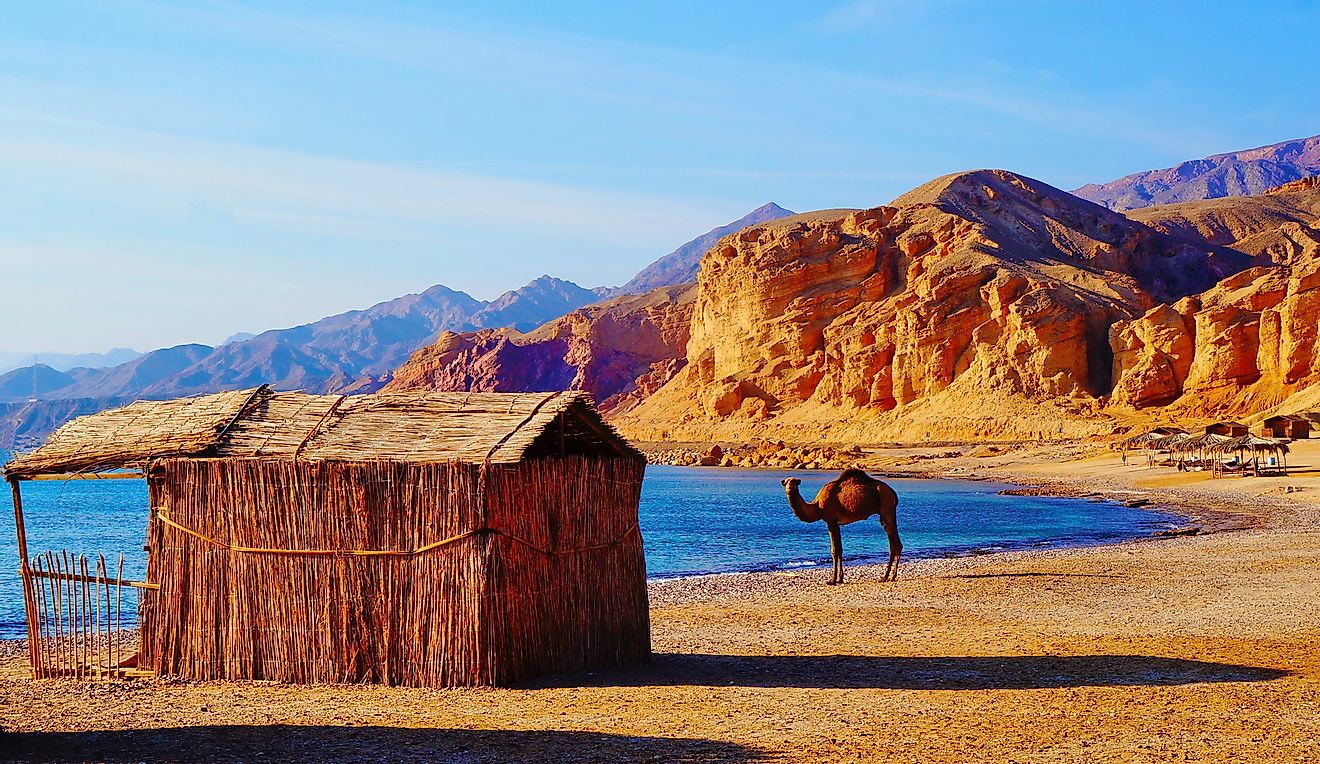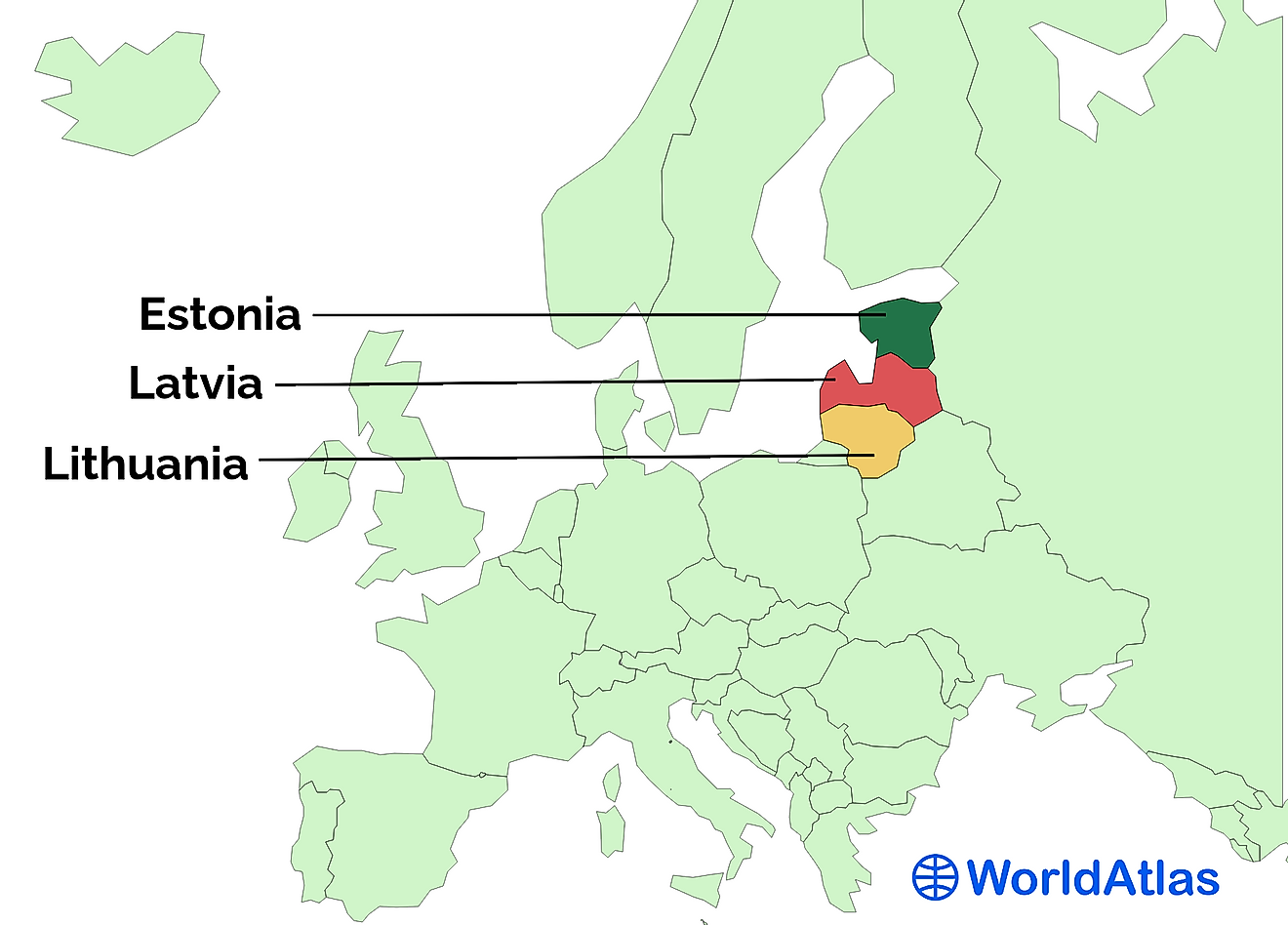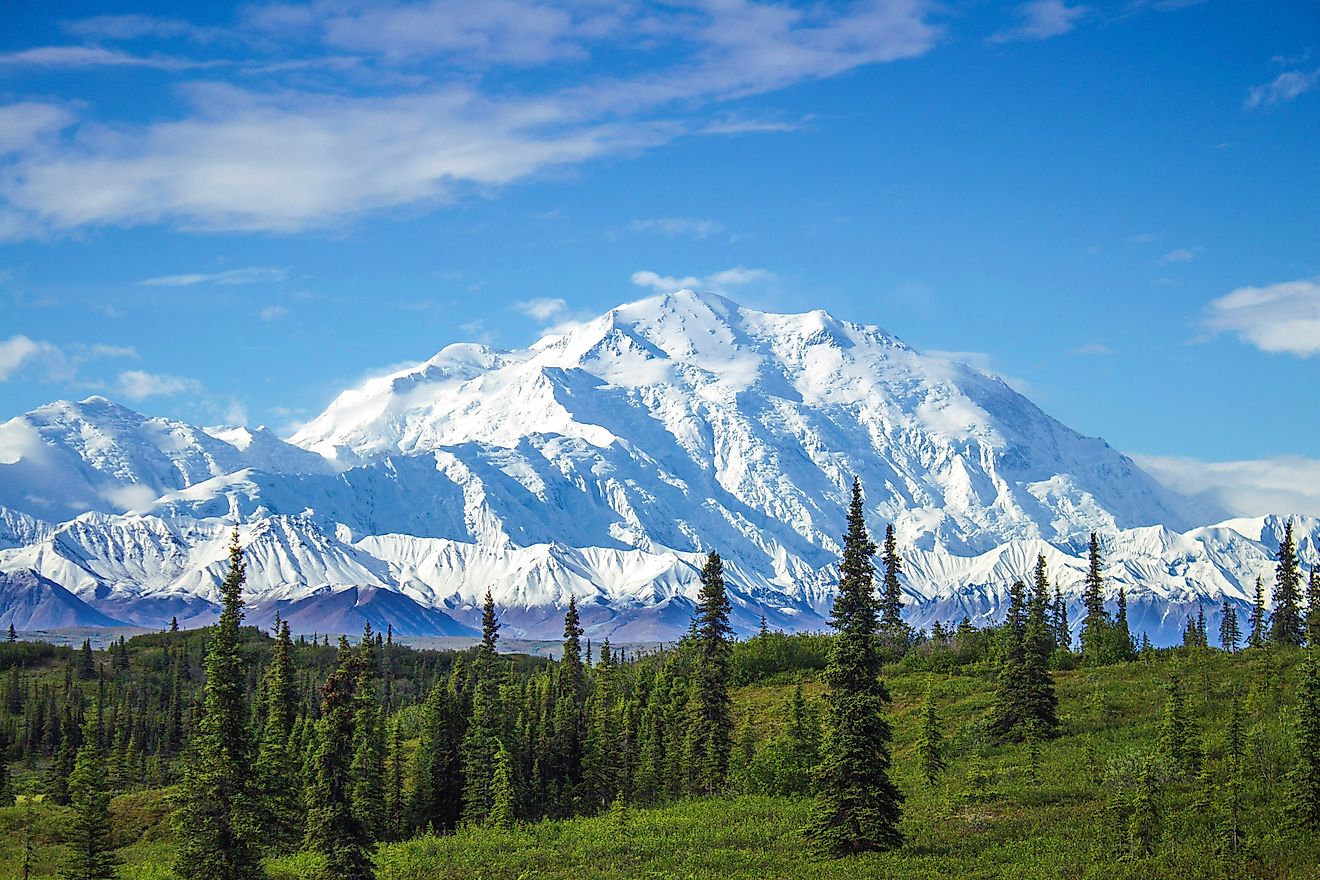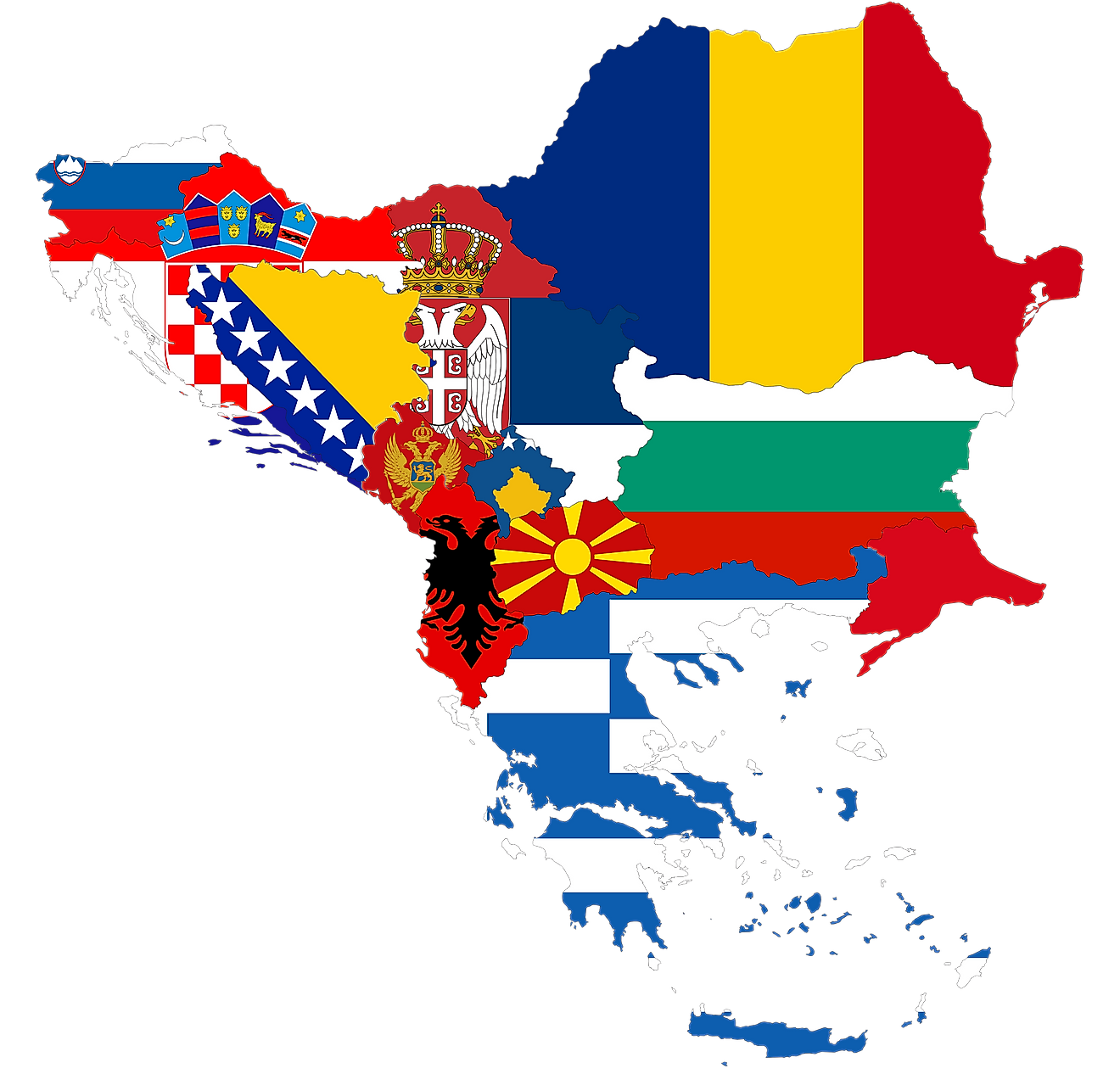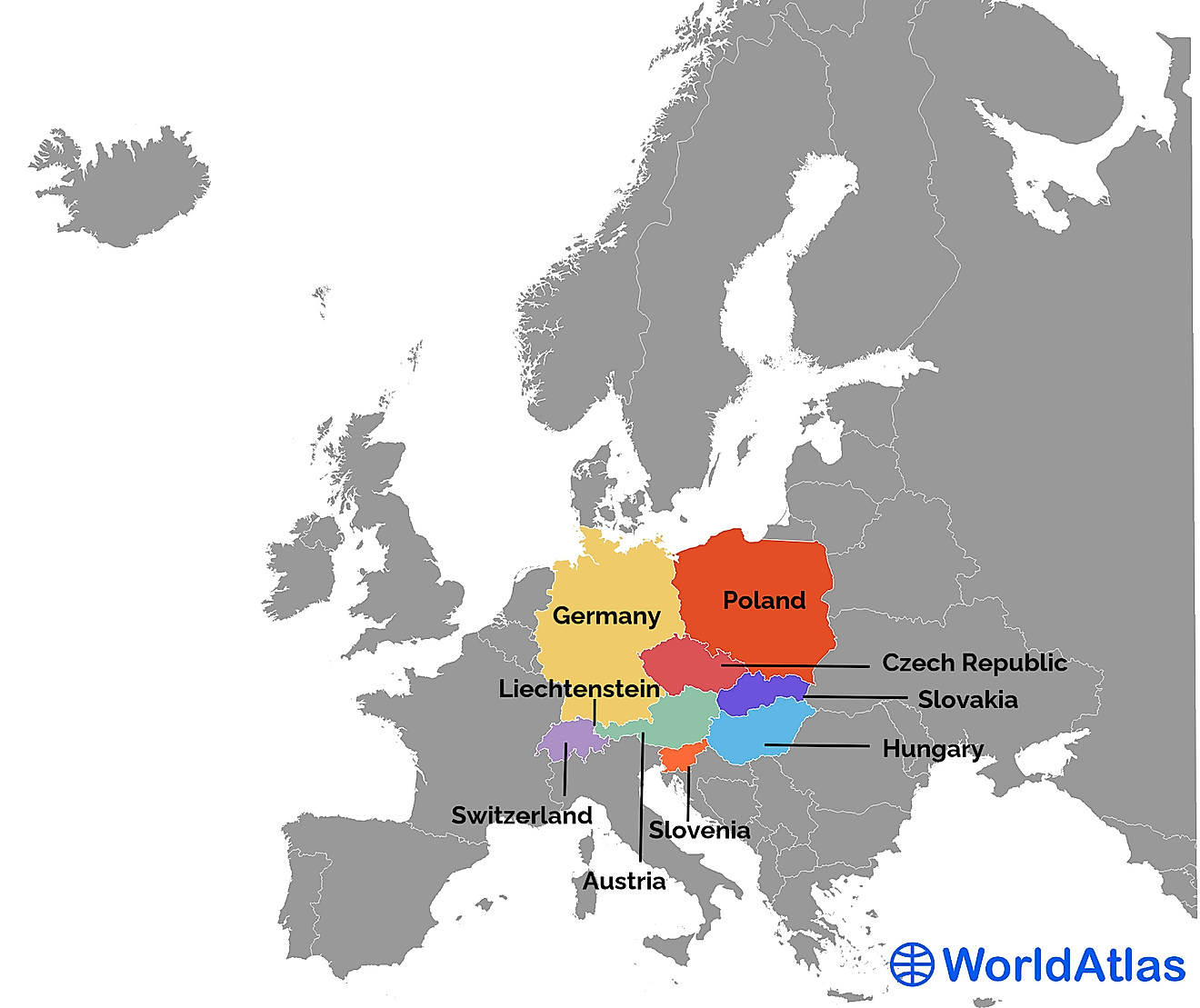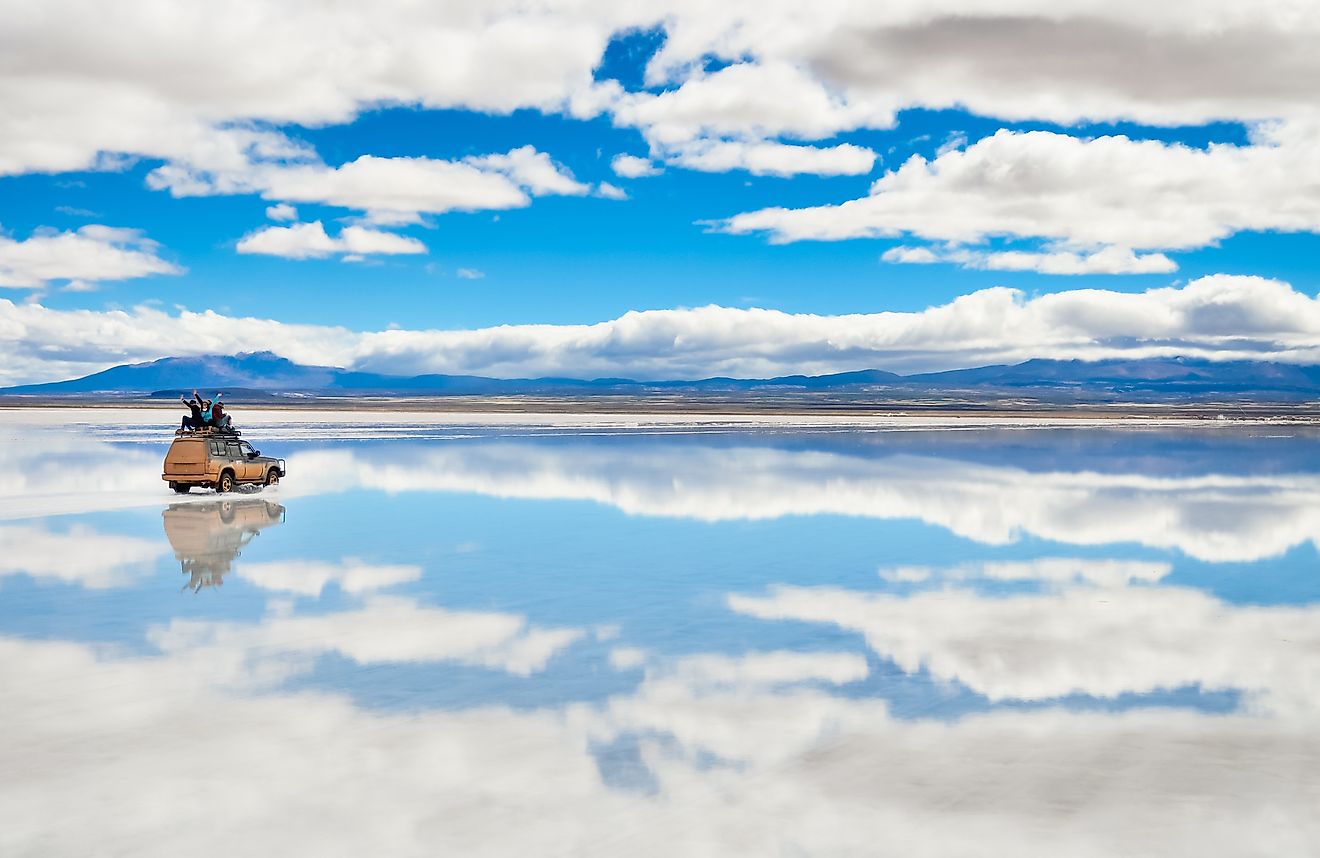Islands That Make Up Overseas France

- Mayotte has a very young population with two fifths under 15 and an eighth over 45.
- After changing hands back and forth, Saint Barthélemy was finally returned to France upon a citizens' vote by the Swedish.
- Some islands are vacation spots varying in price ranges from exclusive to accessible.
One hundred years ago and up until 1929, France's territory covered about 8.7% of the Earth. With 72 countries belonging to France at different points in its history, it was one of the largest empires in the world.
Today, there are still over a dozen overseas territories that belong to France, scattered in the Caribbean, and in the Pacific, Atlantic, and Indian Oceans. Most of them are island states in the southern hemisphere of the world.
Some islands are vacation spots with tropical dry heat, that vary in price range from exclusive to accessible; others portray the typical island nations living conditions, and some are absolutely unique places to the rest of the world.
Here is a closer look at some of the most notable islands that make up overseas France.
St. Martin
Half-governed by the Dutch empire under the Netherlands' rule, and half by France, St. Martin is a two-in-one destination, boasting two distinctive languages, cultures and strong personalities at each side. Having been to both the Netherlands and France, one can easily imagine a miniature Europe with a tropical climate, sitting on the Atlantic Ocean.

Wallis and Futuna
Just over 140 miles away from each other, these two French islands in the midst of the Pacific Ocean have diverse heritages: Wallis' people come from Tonga, while the Futuna traces from Samoa. Although their languages are different, they are mutually comprehensible. What unites them is their competitive mindset. Being the home to the central government, as well as more populated with about 10,750 people, gives Wallis a heightened feeling of importance.
Mayotte
The Arabs invaded this island in the 15th century, converting its inhabitants to Islam, and being paid a visit by the Portuguese and French a century later. The Malagasy tribe from Madagascar invaded and took over at the end of the 18th century, leaving behind its dialect to the present day. Finally, in 1843 the French took control, possibly having liked what they saw on their initial voyage.
Now, it is a homey island with a very noticeable French influence. Its maritime warm and humid climate causes the temperatures to hold from 75F to 81F (24-27C), with December being the warmest month of the year. The hills, full of lush evergreen tropical trees and houses in between, lead down to a habitable shore with ports, used for fishing and shipping out Mayotte's main exports, ylang-ylang extract and farmed fish. Mayotte imports goods like food products, machinery, chemicals, and transport equipment, with France as its main trading partner, as well as its source of consistent economic aid.
The prominent ethnic composition of Mayotte is the Mahorais of the Sunni Muslim religion, although there are also some Roman Catholics. Mayotte also has a very young population, working in healthcare, computer sciences and telecommunication.
Clipperton Island
This ring-shaped tiny island, 600-some miles (1,000 km) away from Mexico, was named after a British pirate. Swarming with little crabs, as well as covered by pointy corals and smelling like ammonia when it is not raining from May to October, this island is virtually uninhabitable and only desirable to the French for militaristic and scientific purposes.
It is interesting that at one point, the US, France, Britain and Mexico, all claimed ownership of it and fought bitterly in its shark-infested waters for its strategic location and a surface layer of guano—the droppings of seabirds, bats, and seals that make up a nitrogen- and phosphorus-rich fertilizer.
Saint Barthélemy
This small harbor-sheltered island with only one town, Gustavia, named after Sweden's monarch Gustav III, is a popular winter getaway for the French, the Americans and other Europeans. Previously occupied by France in 1648, it was sold to Sweden in 1784, and then returned back to the French in 1877 after a citizens' vote.
As a vacation spot for the rich and famous, it is only accessible by a ferry ride from St. Martin, or a 15 min flight from its two airports. The airport at St. Barts has gained worldwide recognition for planes flying meters above the vacationing crowd's heads.
Réunion
A melting pot of cultures, this island nation is comprised of Africans, people from Madagascar, Asia and Europe. The different traditions, cuisines, and religions exist symbiotically in the Indian Ocean, East of Africa's coast, far from the politicized world.
Every way one turns poses a sight to behold: from sharp mountain peaks, volcano displays and high-falling waterfalls to fine-sanded beaches hugging crystal blue waters that are also home to many whales. The famous "savage" ashen-colored coasts of this castaway heaven, are said to transport one to a moon-like environment.

Guadeloupe
Consisting of large and small islands, Guadeloupe uses the Euro and is part of the European Union, with four deputies in the National Assembly. It is not part of the Schengen zone, however, which consists of 26 European countries, through which European citizens can travel visa-free.
The two biggest Guadeloupian islands, Basse-Terre and Grande-Terre, are joined by two bridges. Basse-Terre is also the name of Guadeloupe’s capital, situated on the island of its namesake. The airport is located on Grande-Terre, but not too far from the bridge, so that it is easily accessible for the people of the capital. Smaller islands are the La Désirade, Les Saintes, and Marie-Galante.
Martinique
Although smaller by land and population than Guadeloupe, the island of Martinique also has four deputies in the National Assembly. It is either a 4.5-hour ferry ride or a quick flight over from Guadeloupe.

Kerguelen Islands
Located in the extreme deep south of the Indian Ocean, this "speck in the sea" actually consists of the main Desolation Island, and roughly 300 tiny surrounding islands. Active glaciers cover the Desolation Island for nearly 100 miles (160 km), peaking at up to 6,445 feet. For curious tourists, it is reachable exclusively by a ship that costs 15,000 Euros for a cabin spot, and departs only four times per year; the icy location does not host the necessary conditions for an airport. Not surprisingly, Kerguelen does not see many visitors but is a permanent home to French scientists, engineers, and researchers, 50 to 100 at any given time.
They are governed by the same government as their mother country, meaning that not only do the same laws apply, but island nations have representatives in the French parliament, and the people can vote when elections are held in mainland France. Interestingly enough, this is unique to France alone, as it is not the case with the United Kingdom's and the US' self-governed overseas territories.
